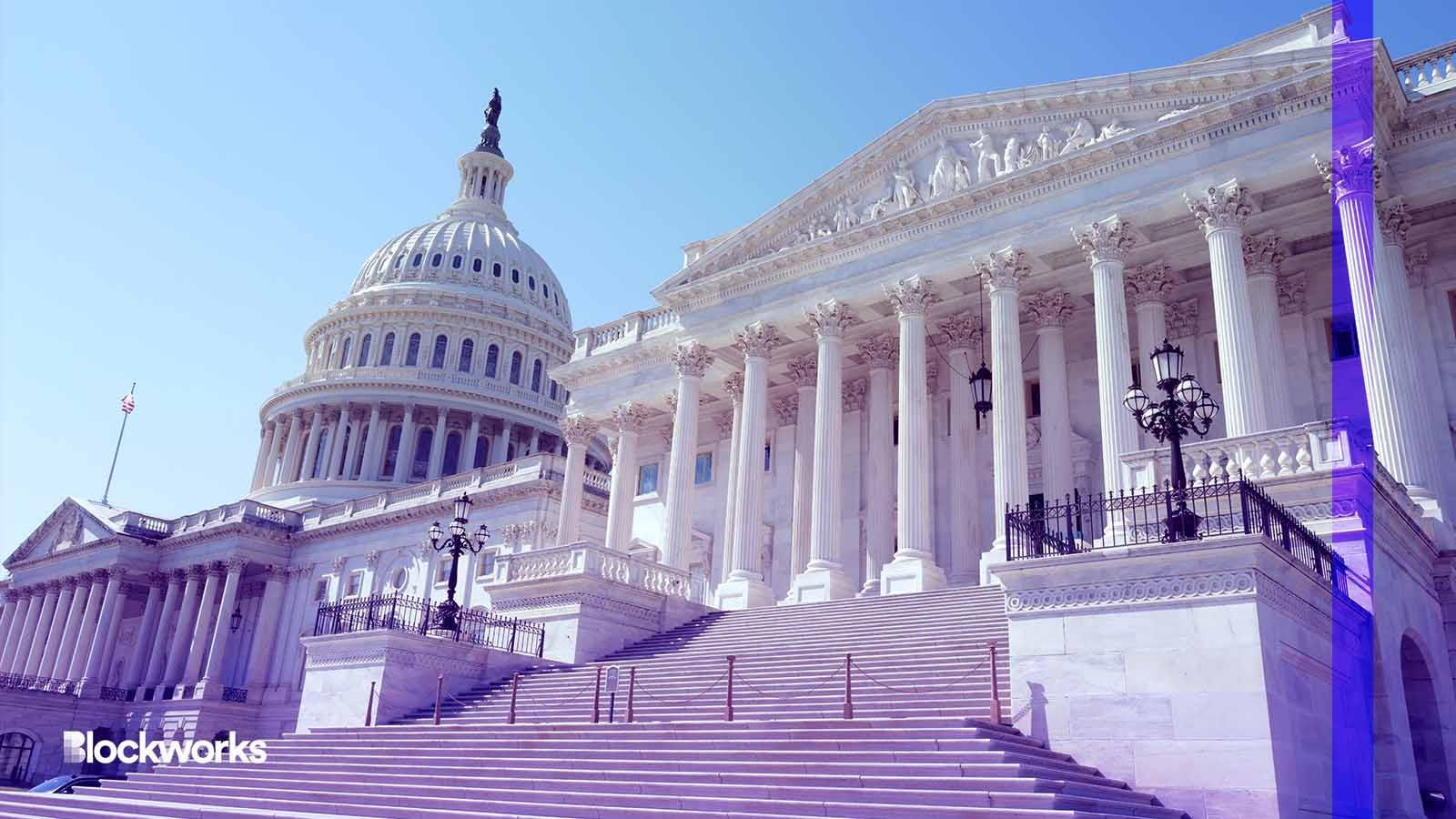Lummis, Gillibrand bring new bill to the table hoping for a different outcome
Lummis and Gillibrand said in March the new bill would hit the Senate floor before the start of summer, but the legislation was delayed

Phil Pasquini/Shutterstock modified by Blockworks
After months of delays, Sens. Cynthia Lummis, R-Wyom., and Kristen Gillibrand, D-N.Y., will bring their revamped Responsible Financial Innovation Act bill to the Senate floor Wednesday.
The new version of the bill is “landmark legislation to create a federal regulatory framework that allows crypto businesses and investors to prosper here in America while protecting consumers from bad actors,” Lummis said in a tweet.
The first iteration of the bill made its Senate debut over a year ago. The bill never reached the markup stage, but supporters praised the effort as a first-of-its kind attempt at a broad bipartisan crypto policy proposal.
Lummis and Gillibrand said in March the new bill would hit the Senate floor before the start of summer, but the legislation was delayed. The Senators were focused on adjusting parts of the bill industry members found troubling, such as including new measures to help protect consumers and prevent further FTX-like disasters.
The revamped version would establish a law enforcement working group to help monitor the industry. It also updates the tax code and attempts to tackle stablecoin regulation with new reporting and registration requirements.
Bipartisan co-sponsors aside, Lummis and Gillibrand will still have to appeal to Committee heads if they want the legislation to make it to markup. Lummis is a member of the Senate Banking Committee, but Democrat Chairman Sherrod Brown is a vocal critic of the crypto industry.
Crypto investment vehicles are “speculative products run by reckless companies, we know that’s true,” Sen. Brown said during a February Committee hearing on digital assets.
Gillibrand serves on the Senate Agriculture Committee, chaired by Debbie Stabenow, D-Mich.
Sen. Stabenow co-sponsored the bipartisan Digital Commodities Consumer Protection Act last Congressional session. The bill did not make it past the introduction stage, nor did two sister bills in the House, one of which was Republican, the other Democrat.
Stabenow, one of several lawmakers to receive campaign contributions from now-disgraced Sam Bankman-Fried, has said she will not be running for reelection.
Lummis’ and Gillibrand’s offices did not respond to Blockworks’ request for comment.
Get the news in your inbox. Explore Blockworks newsletters:
- The Breakdown: Decoding crypto and the markets. Daily.
- 0xResearch: Alpha in your inbox. Think like an analyst.






